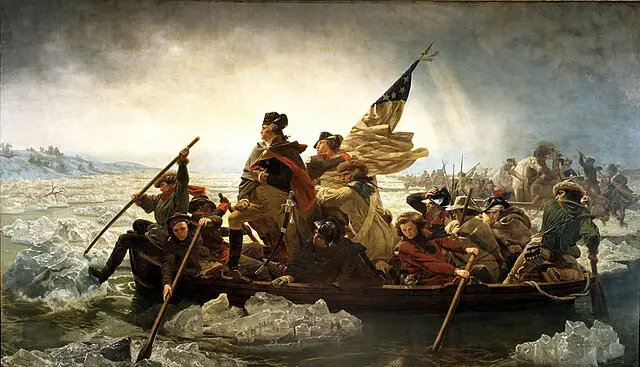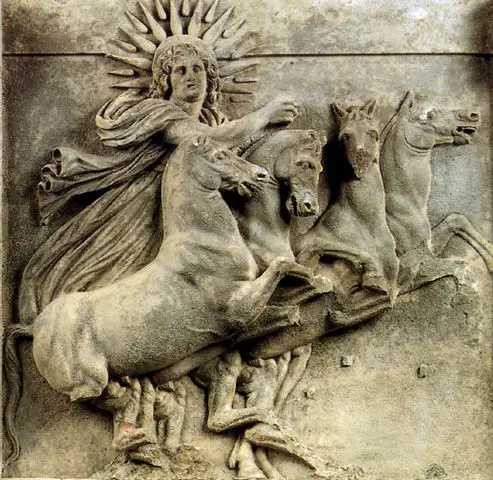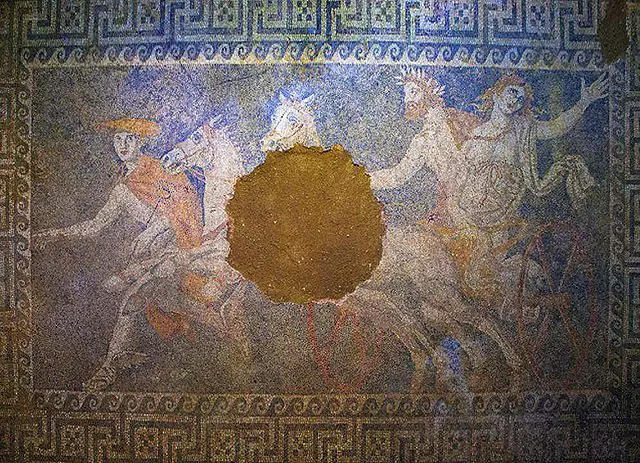| Born | 5th of May, 1818 |
| Died | 14th of March, 1883 |
| Famous Quote | “History repeats itself, first as a tragedy, second as farce.” |
| Known For | Publishing controversial political philosophy |
| Region of World | England/Germany, 19th century |
Karl Marx created the modern field of economic history. Over the course of his life Marx would spend countless days writing and publishing history pamphlets. These pamphlets would often cause considerable social strife during the 19th century, so much so that Marx was exiled from his native Germany to live his life in England.
Karl Marx created the modern field of economic history by fusing historical statistics along with common history knowledge. By combining these two fields Karl Marx was able to highlight trends that he believed were human constants throughout history. The basis of his political philosophy rested upon economic history.
Here at The History Ace I strive to publish the best history articles on the internet. If at the end you enjoyed this article then consider subscribing to the free newsletter and sharing around the internet.
Without further ado, here is how Karl Marx created the modern field of economic history.
Economic History Before Karl Marx
Karl Marx was not the world’s first economic historian. Several other monumental works such as Adam Smith’s An Inquiry into the Nature and Causes of the Wealth of Nations (1776) presented accounts of how individuals or groups of people become rich.
The foundational work of an economic historian before Karl Marx comes from Thomas Malthus’s An Essay on the Principle of Population (1798). Within this book Thomas Malthus presents a theory that eventually the world’s population would reach a peak and that there was only enough wealth to go around.
This inherently presented an issue for economic history at large. Before Karl Marx economic history was centered around population numbers working agricultural land. The reason for the limitations of this theory was because the industrial revolution in Europe had just begun.
Under the industrial revolution Europe’s wealth production would go from agricultural in the countryside to the factories.
Simply put, Karl Marx was born (1818) into a world where the global economy had completely changed for the first time in history.
As such Karl Marx would develop a new theory of economic history. Because of this modern historians credit Karl Marx with creating the modern field of economic history.
How Karl Marx Created The Modern Field Of Economic History
Karl Marx was born into the world of burgeoning factories and ever more demanding work conditions.
For Karl Marx he wanted to understand how the union between working labor and capital resulted in increased productivity.
Studying at the University of Jena Karl Marx would receive his PhD for his doctoral thesis The Difference Between the Democritean and Epicurean Philosophy of Nature. Within this work Marx sought out to highlight using historical facts that theology must allow wisdom and philosophy to grow outside religion.
While this work was completely different then his other works it would form the basis for Marx’s historical philosophy. For Karl Marx nothing was more important to the advancement of mankind than the study of history.
Marx would be barred from Academia and spend the next couple years of his life traveling around Europe and continuing to hone his political philosophy.
In 1844 Karl Marx would meet his lifelong confident Freidrich Engels. Engels would demonstrate his recently published The Condition of the Working Class in England in 1844.
This work radically changed how Karl Marx saw the world of history. Within Engels’ book was a statistical demonstration of an increase in disease as a result of the Industrial Revolution in England.
Marx took this methodology and applied it one step further by incorporating the political philosophy he pioneered in his dissertation.
What came out of this combination of historical fact with political philosophy and economics was the new methodology of historical materialism.
How The Marx’s New Way of Writing History Forever Changed Economic History
Karl Marx’s new methodology of historical materialism forever changed how economic history was written and studied.
Karl Marx sought to look at how the concept of materialism changed over history to create societies. This was profoundly different from how other historians approached understanding history.
In order to understand history other historians would first place society and the people. Next the historian would attempt to justify materialism aspects.
An example of this could be seen as people created culture and this culture determined how much value material goods were worth.
Karl Marx forever changed economic history by doing this process in reverse. First, Karl Marx argued that people would need to secure food and shelter for themselves and their families. Then they would go about creating a culture and history.
This was completely backwards to how normal economic historians approached history. As a result of this academics and people began to question the value of their own production to create a society.
Ever since the time of Karl Marx all historians have had to deal with the concept of modern economic history which Karl Marx created.
Conclusion
There you have it; an entire article on how Karl Marx created modern economic history.
Economic History is a fascinating subject. Out of all the historians in the world, economic historians have to be trained in advanced mathematics as well as speak and read several languages. Prospective graduate students who are interested in how societies develop and evolve should see if they would like to pursue a graduate degree in economic history.
I hope you enjoyed this article. If you did then feel free to subscribe to the free newsletter and share around the internet. Here at The History Ace I strive to publish the best history articles on the internet.
Further, you can check out some of the other articles below.
-
How The American Revolution Changed The World

Here is how the American Revolution changed the world. Many people are not aware of just how important this event actually was.
-
Why The Roman People Loved Chariot Racing

Why did the Roman people love chariot racing? Well it all comes down to these 3 reasons.
-
The Design and Color of Roman Chariots

What was the design and color of Roman Chariots? Were they faster or slower then normal chariots? Well here is everything!
Sincerely,
Nick